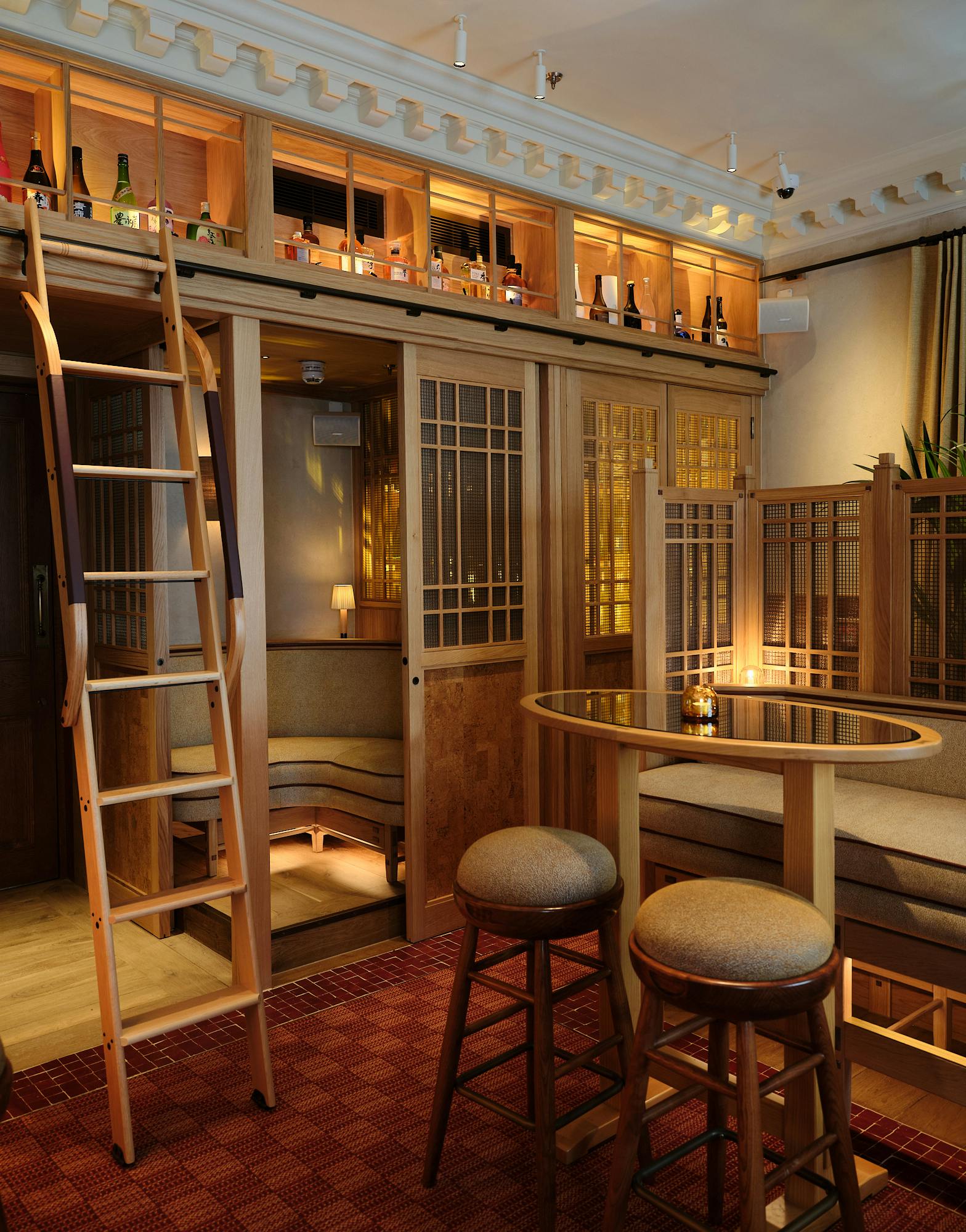
Words by Ruka Akorede
28 Oct 2024
Diversity in Design: 3% just isn't enough
This year's Black History Month marks the start of a new Diversity in Design series on our platform led by SODA writer Ruka Akorede, who is passionate about amplifying Black voices in design and technology and championing industry initiatives all year-round.
October marks Black History Month, a special occasion to celebrate and honour Black culture, heritage and history. This momentous occasion was founded by American historian and author Carter G Woodson in the 1920’s and originally ran for a week, but was expanded to a month in the 1970’s. Following its success and recognition in the states, the historic month made its way over the pond in 1987 with the help of Akyaaba Addai-Sebo, who is often referred to as the architect of Black History Month in the UK.
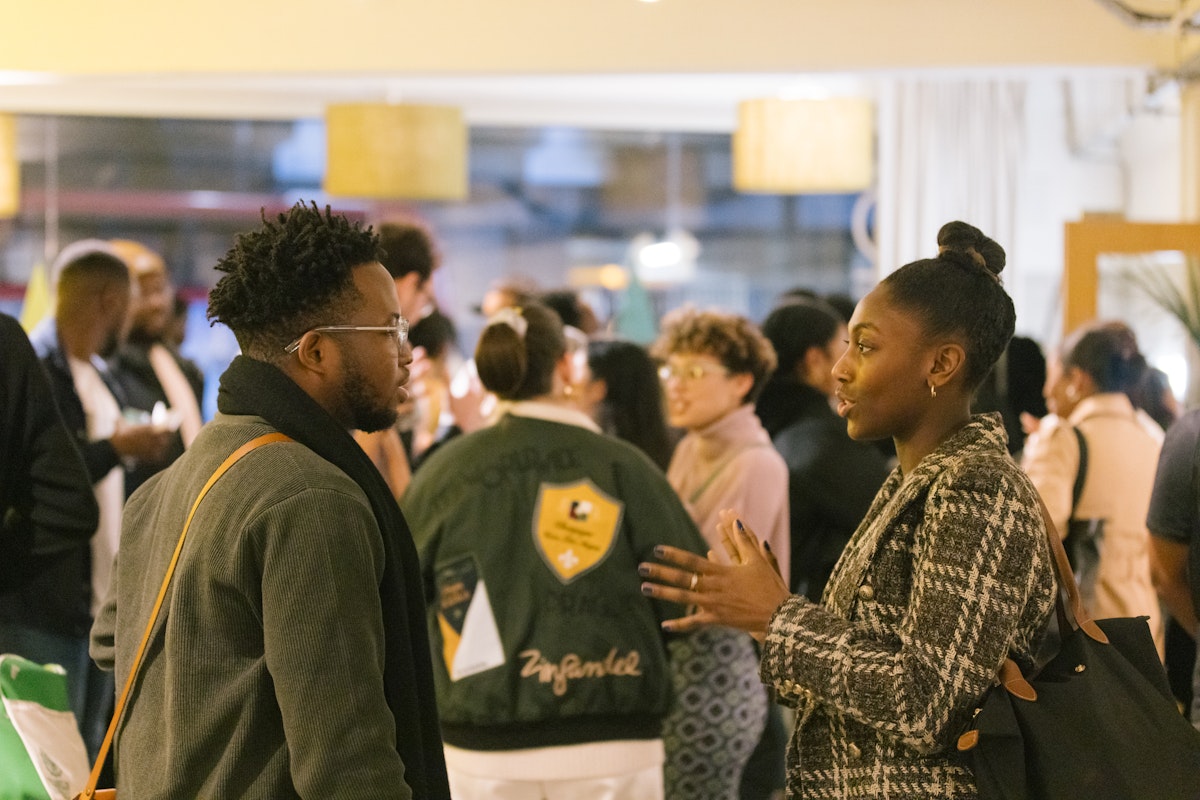
Where Are The Black Designers event. Credit: Adam Kang
As we head towards the end of this special month, we wanted to highlight a specific issue close to our hearts. While we’ll be focusing on the disparities still faced by Black designers and creatives we also recognise that these disparities exist across a host of different industries and communities and need to be addressed.
The design industry as a whole is constantly having to overcome systemic barriers when it comes to funding and government support and has collectively been tackling the decade-long decline of the Design & Technology subject in state schools. If allowed to continue, the subject will be reserved for those with the privilege of a private education, which will have a detrimental effect on diversity in our industry.
"Black designers only hold 2% of the managerial positions in the industry"
In addition to this, barriers affecting ethnic minorities are not often discussed as an issue also affecting industry growth, despite there being plenty of evidence to support this. For instance, in 2019, leading design organisation AIGA reported in their design census that only 3% of designers are Black across all design disciplines.
More recently, the Design Council released its 2021-2024 Design Economy report, which stated that only 2% of managerial positions in the design industry are filled by Black designers, proving that the design industry’s progress in this area is slim.
Those in industry, government and leading organisations should want to improve these figures as having more diverse design teams will result in more inclusive designs. Not only this, but it will ultimately lead to growth of our economy.

Where Are The Black Designers event. Credit: Adam Kang
According to a 2019 report from Global Futures published in The Guardian, nearly 40% of leading cultural figures in the UK are from migrant or minority ethnic backgrounds. A 2024 report from UK-based think tank OPEN also stated that ethnic minority-led businesses contributed an estimated £74 billion a year to the UK’s economy.
In the midst of adversity, there are initiatives in the design industry that aim to tackle issues that are holding back Black talent from entry or progression in their respective fields.
Where Are The Black Designers?
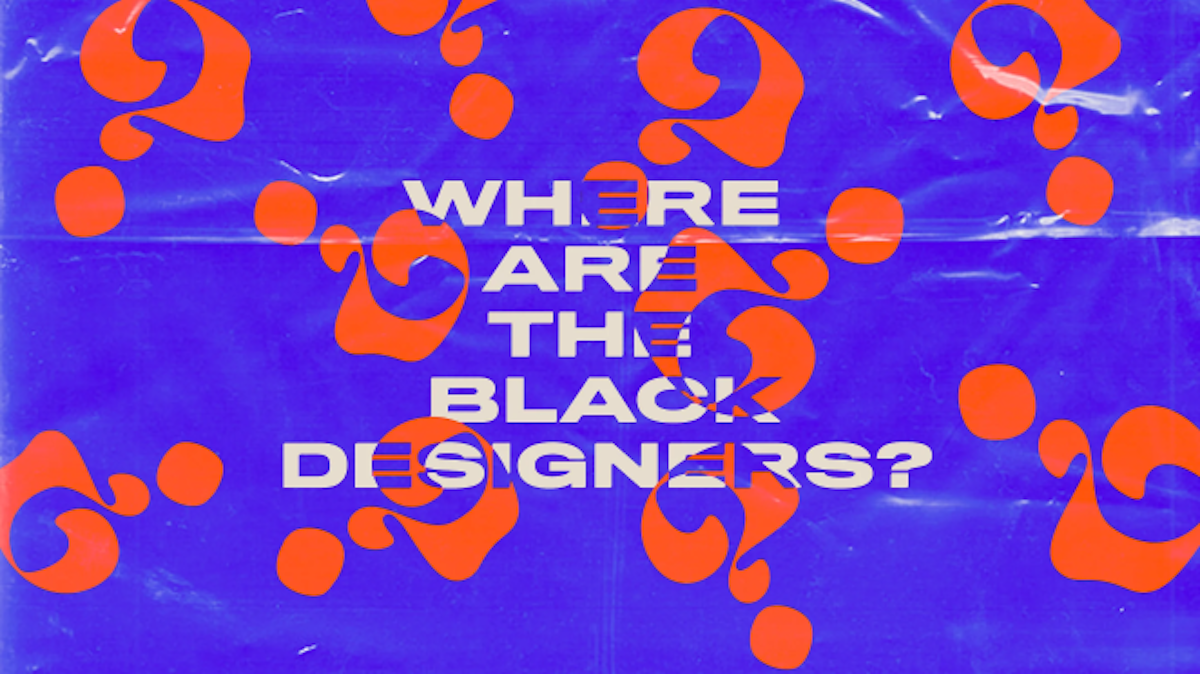
Credit: Chineme Elobuike
Where Are The Black Designers? (WATBD) is a volunteer-run, non-profit design advocacy organisation founded in 2020 by Mitzi Okou and Garrett Albury. The global community aims to “heal, support, amplify” while creating a safe space for Black creativity in all its formats.
The main driver behind this initiative is a passion for decolonizing design, which the team do in practice through events, educational and wellness resources, partnerships, and collaborations. Through this initiative, the WATBD team has been able to identify the pain points of Black creatives and facilitate their needs accordingly.
In their 2024 partnership impact report, created in collaboration with global product studio ustwo, WATBD reported that 87% of their members were seeking to connect with other Black designers, indicating a need for community.
As a result, the platform made efforts to host more in-person events across more than 20 cities globally. WATBD’S sponsors have included Netflix, Squarespace and Spotify, and organisations and allies are able to donate here.
Design Can

Credit: Design Can
London-based non-profit Design Can is another initiative making waves in this space, acting as an active resource platform that aims to disrupt the current industry landscape to reflect an inclusive space and celebrate diverse voices in design. The steering committee is made up of diverse voices across culture, visual arts and interior and, since they launched in 2019, they have been run by an all female team.
As well as a jobs board where that highlights opportunities for project funding that caters to all backgrounds, Design Can has also outlined ways that organisations can ensure they’re doing their part to make the design industry more inclusive on their You Can page. This includes amplifying diverse voices, continuous education and recognising privilege. You can also donate and become a Patreon, which doesn’t just have to be through financial methods - you can donate time to learn through the resources provided.
So far, Design Can has garnered support and partnership from the Design Council, Victoria & Albert Museum and London Design Festival, to name a few.
Black Girls in Tech

Credit: Black Girls in Tech
Our team at SODA has also been following Black Girls In Tech (BGIT), a global organisation and community founded in 2020. The purpose of the organisation is to facilitate a safe space where Black women can network and access resources and support while they navigate a career in the tech industry.
They are dedicated to growing the representation of Black women within various disciplines including product design, data analytics and software engineering, which they do through regular events with leading brands, including Expedia, ASOS and BT. Bootcamps and mentorship programmes are also provided to their members by a majority Black female team, which hosts a community of 20,000+ members globally.
For organisation’s that wish to get involved and support, they have diversity and inclusion training and consulting programmes. BGIT can also support recruitment to promote diversity and inclusion. Organisations like BGIT are so important and much needed in the tech space, where Black women make up only 0.7% of the sector.
Portobello Dance & Performing Arts School

Credit: Nick Guttridge
While this initiative is not design related, Portobello Dance & Performing Arts School is equally important to the creative industry. Operating on an open-door policy, the vision of the school is simply to provide access to excellence, catering to young people of ethnic minorities.
It was founded by Mark Elie, who is also the founder of Dance Foundation, established in 1995. Mark has pioneered Classically British & Co, a platform and annual gala event which showcases and celebrates diverse talent across a dynamic range of world class classical and contemporary dance and choreography. The gala is celebrating its 21st anniversary and held a special performance event and educational afternoon at Lilian Baylis Studio, Sadler’s Wells Theatre, earlier this month.
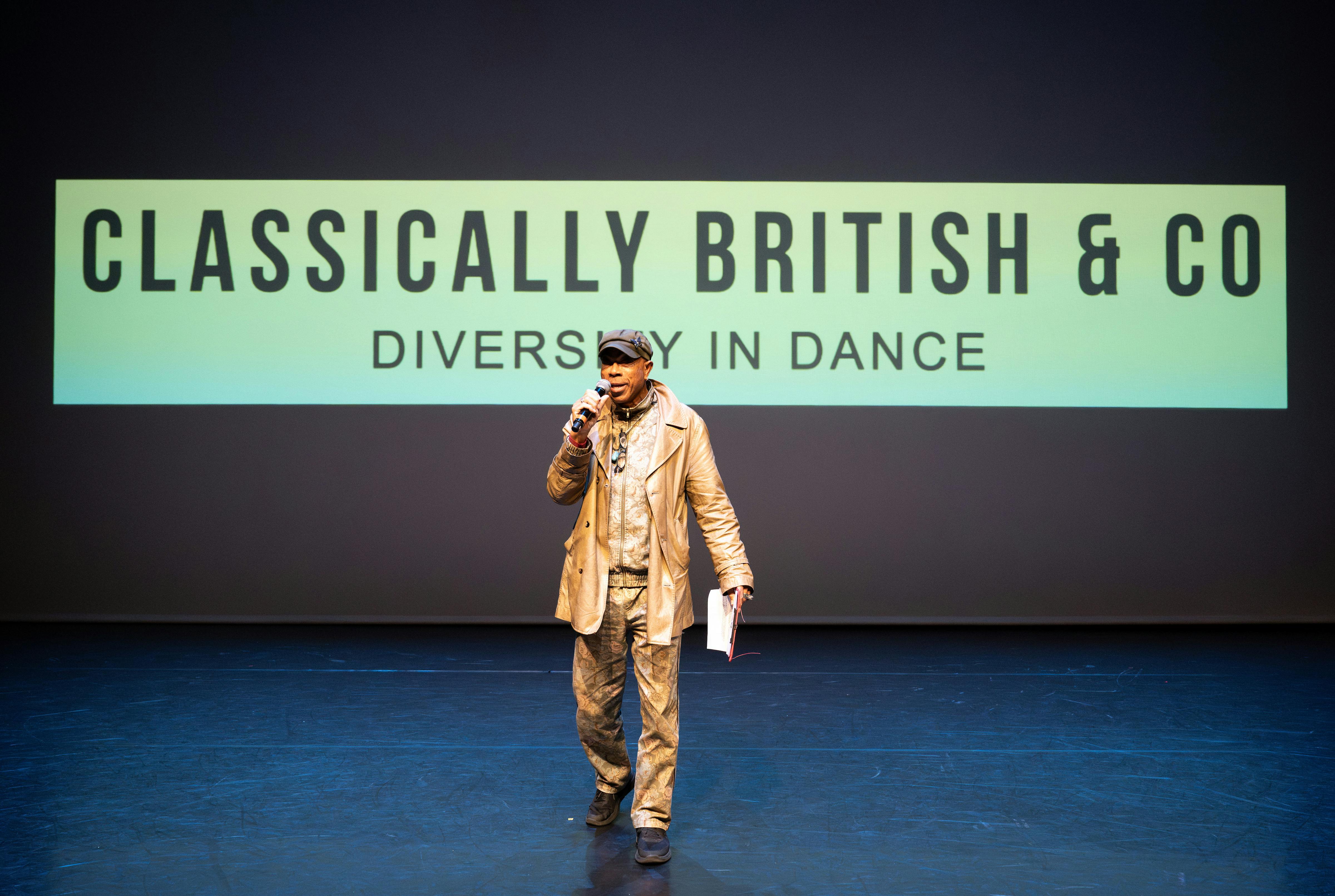




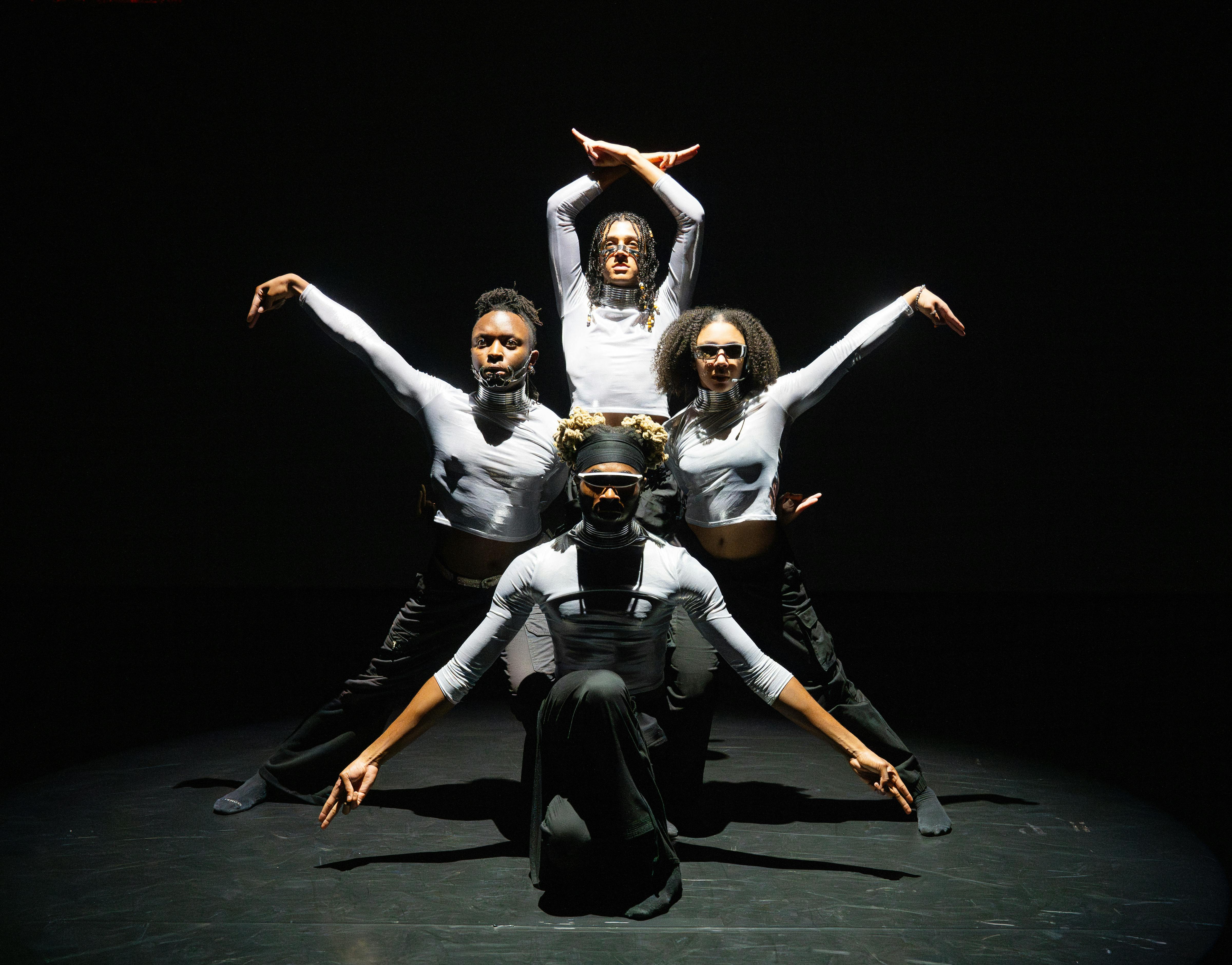
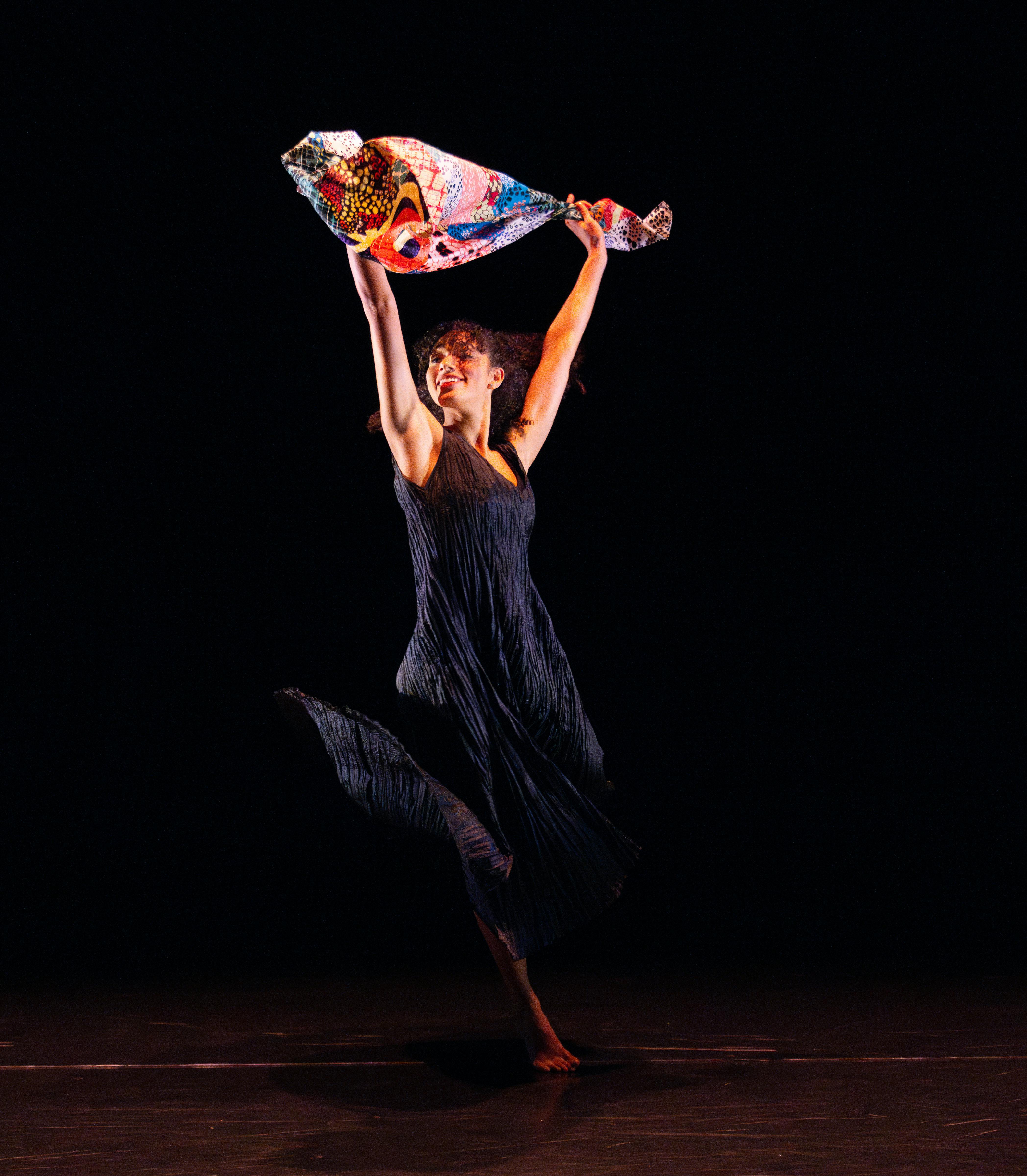
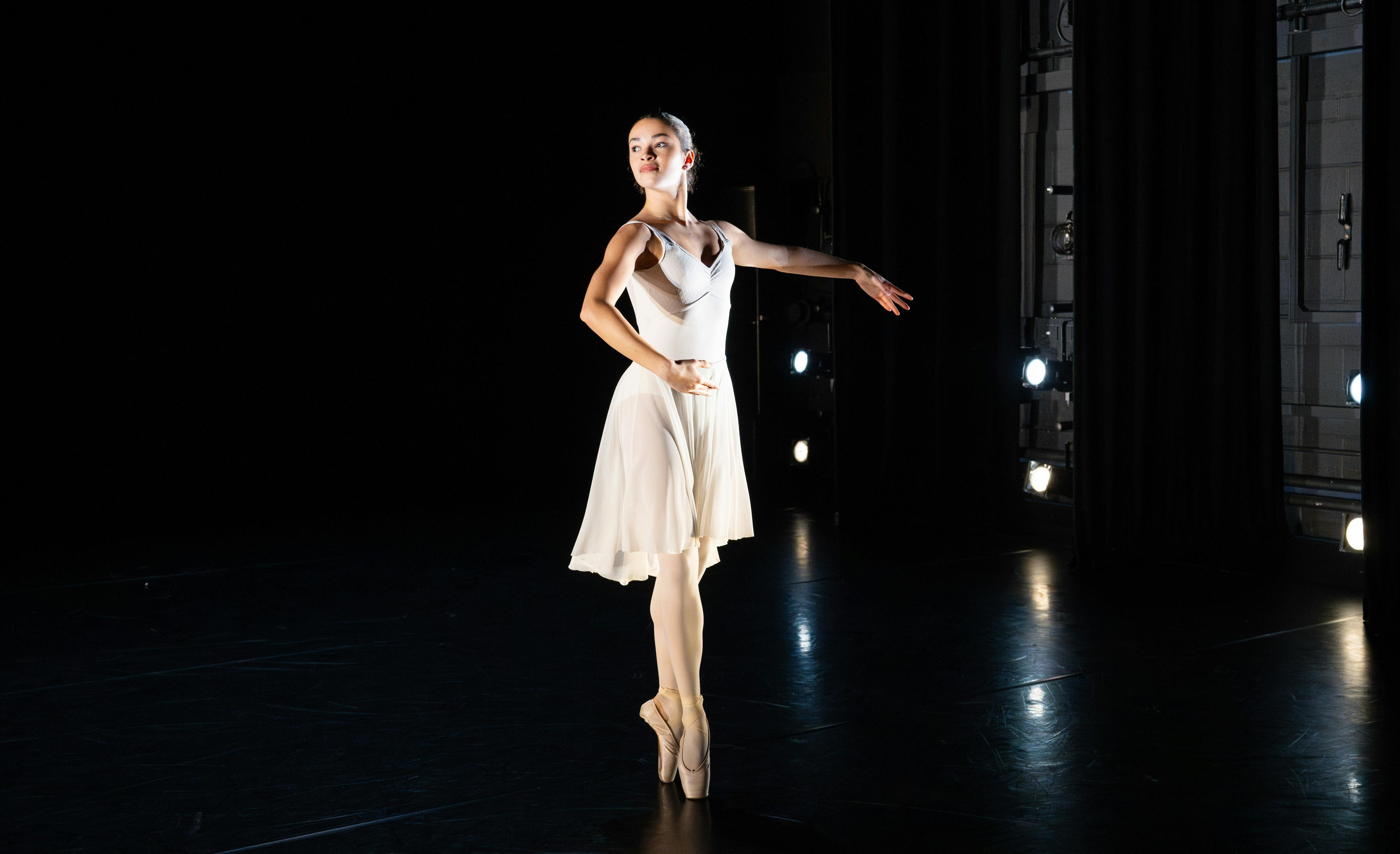
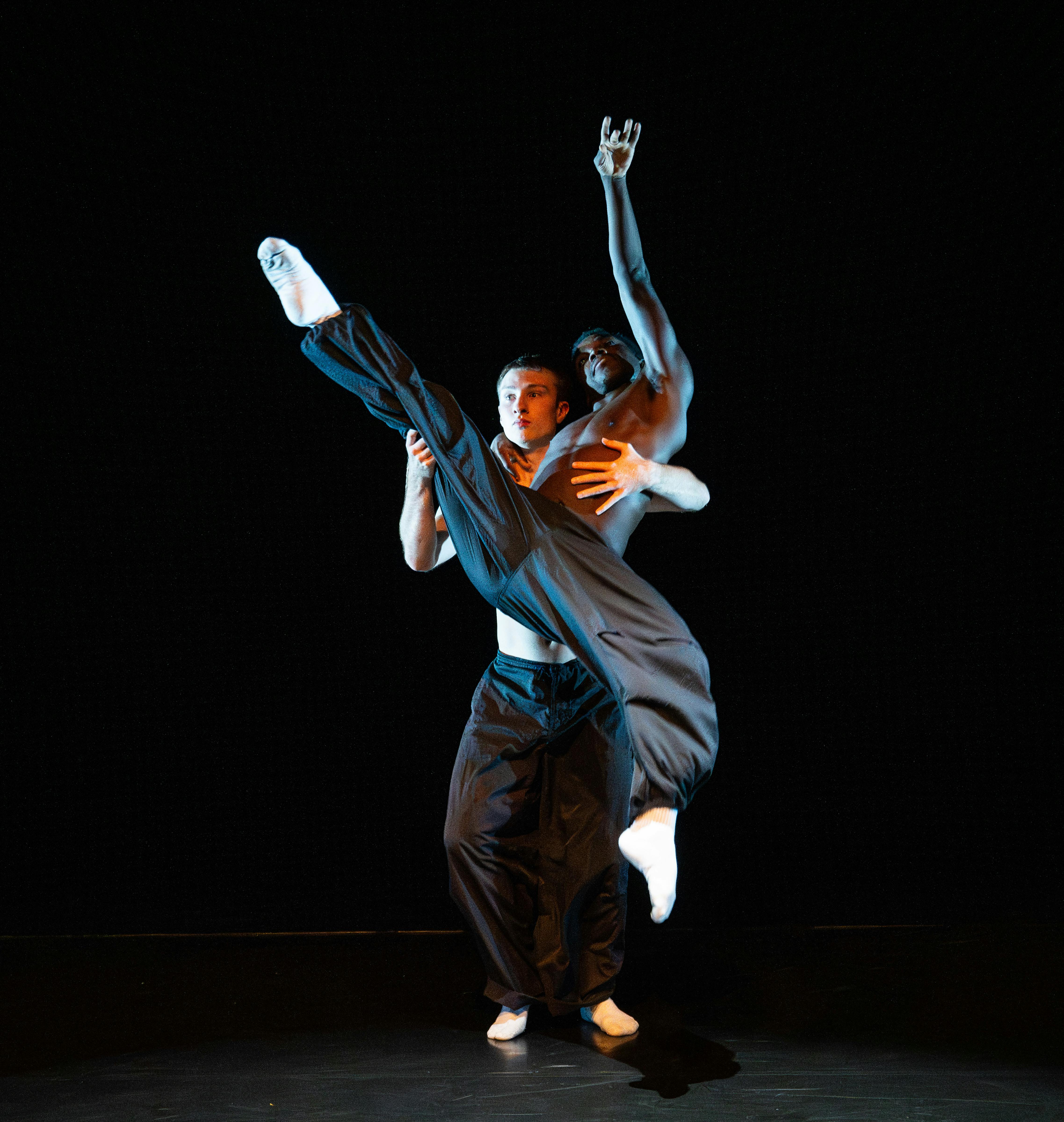
Credit for above images: Elliot Franks
Overall, these initiatives have a common goal and are doing their part to amplify Black voices and support the growth of ethnic minority communities. Let’s do ours and continue to share the great work being done in the face of systemic and institutional barriers, not just during this month but continuously.
In aid of rallying our industry together and amplifying Black voices in design and creativity, we’ll be running a year-round Diversity in Design series. If you have an inspiring story or an initiative that you’d like to share, reach out to us on [email protected] or [email protected] with Diversity in Design in the subject line.
